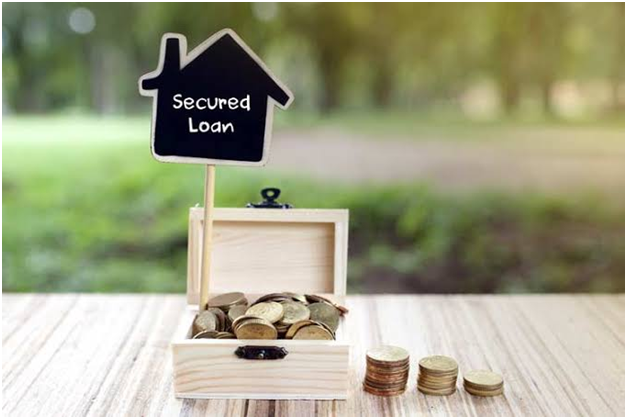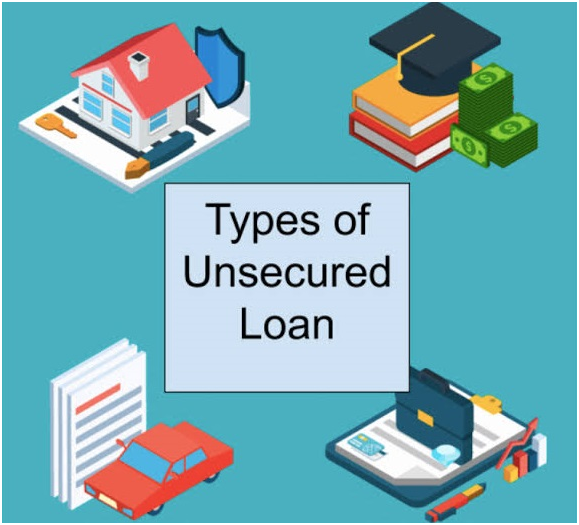Financial institutions and individuals alike offer different kinds of loans. While some of the loans are secured, others are unsecured. As a borrower, understanding the difference between these two categories can help you choose the best option depending on your situation.
Secured loans are those that are accompanied by collateral. In this case, you have to pledge a valuable item for you to get the loan. This gives the lender permission to take ownership of the item you pledge as collateral. An unsecured loan, on the other hand, is not attached to collateral. Since you don’t pledge any asset for you to secure this type of loan, you don’t risk losing something you value. For this reason, most people find unsecured loans better than secured loans.
Rather than pledging one of your assets, the lender uses other factors such as your income or credit history to determine if you are eligible for the loan. The lender is not allowed to take your house or car if you fail to make payments on an unsecured loan as agreed. Some people call unsecured loans signature loans since your signature is the only thing that completes the agreement. You promise to make payments regularly without pledging any collateral.
Understanding the types of unsecured loans
Apart from the two major categories of loans we have mentioned above, unsecured loans are diverse. For instance, you can apply for an unsecured credit card, a personal loan, or a student loan. All these form part of unsecured loans since they don’t involve pledging any collateral. Though some people don’t view credit cards as examples of loans, such cards allow you to borrow some funds. You can also use a personal unsecured loan for different purposes.
Such loans differ from things such as auto loans or home loans where you have to pledge your home or car in exchange for the money. Secured loans are risky since you may end up losing your home to the lender or be forced to apply for a second mortgage, which puts you at risk of foreclosure. Business loans, on the other hand, can either be unsecured or secured. When applying for such a loan, you may need a personal guarantee for you to qualify for the loan. Both secured and unsecured loan have risks if you fail to make payments as agreed.
What are the advantages and disadvantages of unsecured loans?
Before you start the application process of such a loan, you need to weigh the merits against demerits and determine if this is the right decision for you. If you don’t want to pledge any collateral and have a credit score that can help you get an affordable rate, then an unsecured loan would make sense. Such loans are ideal for precise one-time needs such as funding home remodels or consolidating debt.
One of the reasons why people choose unsecured loans is because they are faster to obtain compared to secured ones. Unlike a secured loan where you need to submit a lot of information like proof of title for your vehicle, an unsecured loan is less complicated to apply for. Online lenders such as Cashfloat ensure that you enjoy fast access to the money a few hours after your application.
You also do not risk losing your property if you fail to make payments. This does not, however, mean that you ignore paying back the loan. If you have a high credit score, you can qualify for low-interest rates for the unsecured loan. This prevents you from stress every month as you pay back the loan. The percentage rates of most unsecured loans begin at 5%.
Though borrowers enjoy unsecured loans, lenders find them riskier than secured loans. For this reason, some of the lenders charge high-interest rates for unsecured loans. That is why you need to compare different lenders to identify the one with the most reasonable terms. You may also receive a small amount if you don’t have the best credit score.
Failure to pay back an unsecured loan can affect your credit score negatively. If the unpaid loan balance is sold to one of the debt collection agencies, you may end up being sued for defaulting on payments. Before you apply for an unsecured loan, you need to consider both the interest rates plus the monthly payments to ensure that you are comfortable with all the terms.
How to qualify for an unsecured loan
Once you have weighed the merits against demerits, you should understand what you need to do to boost your chances of qualifying for an unsecured loan. Start by working on improving your credit score. Most lenders gauge your credit history due to the lack of collateral for this type of loan. Ensure you download your credit reports from time to time to confirm that they are free from errors that can hurt your credit score.
As you build your score, you should also prioritize paying off any debts that you may have accumulated over the years. This can minimize your debt to income ratio, which is a critical factor that lenders consider in evaluating your loan application. Maintaining a low DTI ratio is a positive sign to lenders of unsecured loans.
In case your credit score is not high, and you don’t have time to build it, you can get an unsecured loan with the help of a cosigner. Such a person can help you get an unsecured loan at a more reasonable rate. Choose a cosigner that has a good credit history and can quickly meet all the other requirements of the lender. Beware that getting a cosigner has its risks since they are responsible for paying back the loan if you default. It is not advisable to put them in such risks since this can affect your relationship. You can also easily qualify for an unsecured loan if you apply for a small amount.
Conclusion
The decision to go for an unsecured loan may be personal, but you have to consider everything we have discussed above. Determine if the need for the loan is appropriate and factor in the risks involved to avoid future regrets.



